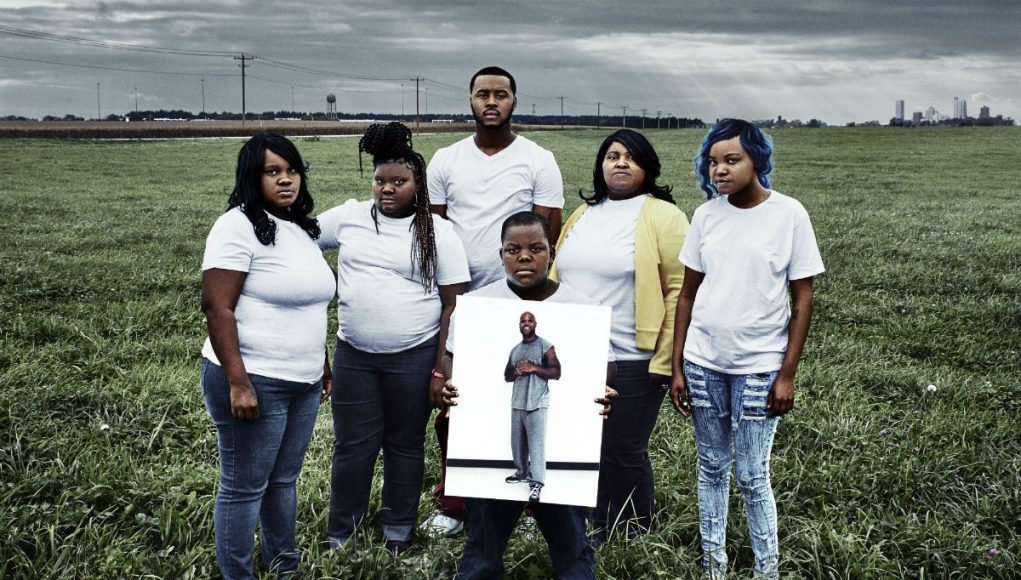On Wednesday a screening of the documentary “Milwaukee 53206” was held for a third time in Madison, hosted at Edgewood College.
In a packed auditorium, over 250 people attended the screening of the film that puts faces to the realities of those living in the countries most incarcerated zip code.
The film chronicles the lives of three people: Beverly Walker, a mother of five and grandmother of six whose husband has been incarcerated for over 20 years for a non-violent crime; Dennis Walton, a community activist who works directly with incarcerated fathers and who was almost falsely imprisoned himself; and Chad Wilson, a father of five who spent 10 years in the criminal justice system.
Each story addresses the many components of life before, after, and during imprisonment.
 “At first I really didn’t realize that this was a huge issue, you go through it, but you just go through it and think this is just my life,” said Beverly Walker’s oldest daughter during a Q&A that followed Wednesday’s screening. “This has become a huge part of my life.”
“At first I really didn’t realize that this was a huge issue, you go through it, but you just go through it and think this is just my life,” said Beverly Walker’s oldest daughter during a Q&A that followed Wednesday’s screening. “This has become a huge part of my life.”
In addition to Walker and her daughter, the Q&A also included local criminal reform activists, Sister Maureen McDonnell, Gilman Halsted, former WPR criminal justice reporter, and Roderick “Rudy” Bankston, a community liaison for MMSD who was formerly incarcerated for 20 years and who knew Beverly Walker’s husband personally from being in jail.
“I seen his anger and it mirrored mine, “ said Bankston. “I seen his growth and I seen the work he’s done inside the prison with younger inmates and it just reminded me of all the gifts that guys who are in prison have to offer our community.”
During the Q&A many audience members questioned what they could do to contribute to criminal reform, to which Bankston replied, “raise hell.”
“Use your white privileged to dismantle white supremacy, do it unapologetically, and raise hell,” said Bankston.
Bankston also pointed the role of the school district in preventing students from going to prison.
“What I’m seeing in the Madison school district is students are being targeted and made to feel they don’t belong there,” said Bankston, citing a meeting with a superintendent from a local school district who refused to readmit a student who had completed a restorative justice program after being expelled from school over a year ago.
“It’s two weeks later and the student is not admitted in any school, so guess how much more likely he is to transition into the prison system,” said Bankston.
Both Bankston and Halsted mentioned local groups like MOSES, an interfaith organization that focuses on mass incarceration, and EXPO, or Ex-Prisoners Organizing, as starting points for community involvement.
“If we’re not ready to cause hell we can sit and watch these films and think ‘this is terrible’ and go about our regular business, but until we cause hell this cycle is going to continue,” said Bankston.



































